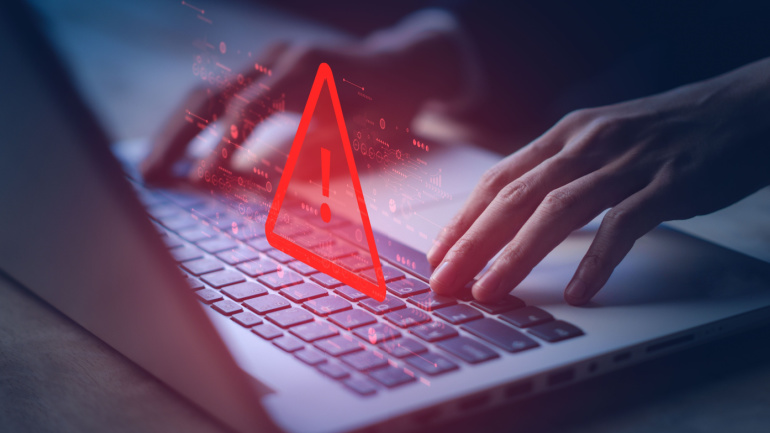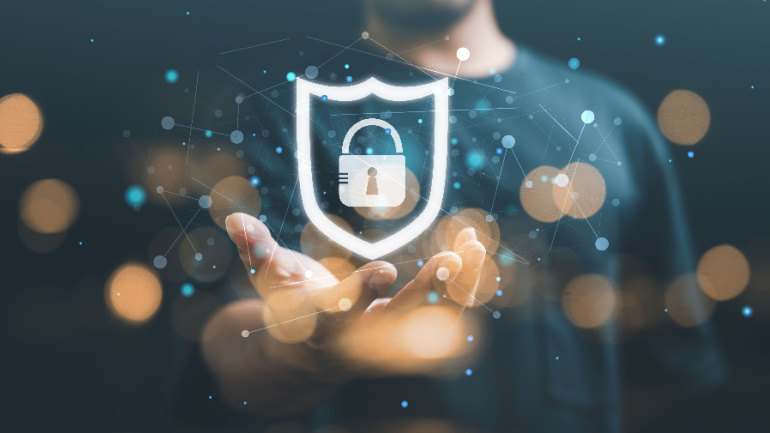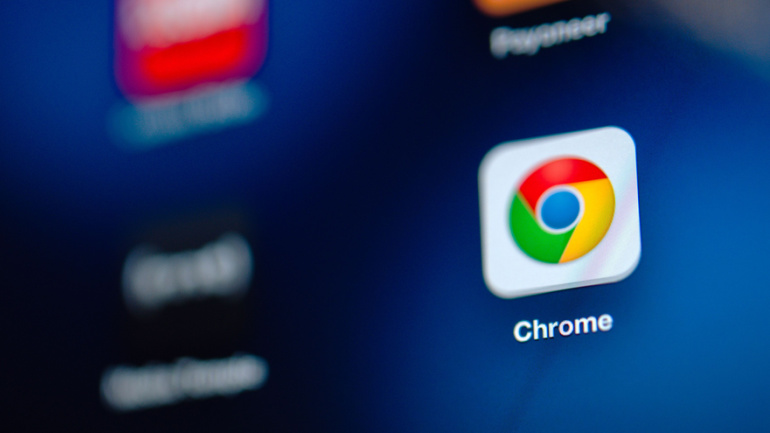In a significant advancement for enterprise voice security, Mutare Inc., has partnered with NICE to integrate its pioneering Voice Traffic Filter into the NICE CXexchange. This collaboration marks a pivotal moment for both companies, offering NICE users an enhanced level of customer experience (CX) through advanced AI capabilities.
Telecom analytics titan Mobileum Inc. has been selected by NTT Communications Corporation for integrating its cutting-edge technology platform into the rapidly evolving global connected car market. Mobileum’s solution, composed of connectivity management, testing, and fraud prevention capabilities, aims to ensure continuous, secure connectivity, whilst addressing the associated rise in potential fraud threats.
In a significant security incident, US telecom giant Verizon suffered a serious data breach impacting over 63,000 workers. Despite occurring last September, the leak wasn’t detected until December. Delving into the possible causes reveals potential insider wrongdoing. With the exposed data consisting of extensive personal details, Verizon claims that it hasn’t been shared externally yet. As the company probes into the breach, it offers its affected staff credit monitoring and identity theft protection for two years.
UK’s government and Vodafone settle on ‘proportionate measures’ to assuage national security concerns over UAE-based e&’s increasing ownership stakes. This agreement follows the government’s expressed apprehension about e&’s potential influence on Vodafone’s policies due to its status as the largest shareholder. In response, a ‘national security committee’ will be created within Vodafone to monitor initiatives that could affect national security.
In the fast-evolving realm of cybersecurity, hackers are displaying remarkable agility in adapting their techniques to exploit technological advancements. The frequency and cost of cyber attacks employing social engineering tactics have witnessed a surge in 2023, and experts predict an even greater volume of such incidents in 2024. GlobalData, a prominent data and analytics company, forecasts a trend where cybercriminals will rapidly innovate and extend the use of methods like social engineering and deceptive practices designed to manipulate individuals into divulging sensitive information.
In a groundbreaking trial, SK Telecom (SKT) and Thales have successfully tested the encryption and decryption of identity data on a 5G network, aiming to safeguard user privacy from potential quantum threats. The experimentation utilized Thales’ cutting-edge 5G Post Quantum Cryptography (PQC) SIM cards within a trial 5G standalone network environment provided by SKT.
CUJO AI, a herald in cybersecurity and device identification, foresees growth in catering to Matter and Thread devices. As IoT devices multiply in consumer homes, demand for advanced security solutions escalates. The move to Matter and Thread is seen as a valuable advancement towards CUJO AI’s goal of enhancing ISP security.
Five nations have formed a global alliance, ambitiously named the Global Coalition on Telecommunications (GCOT), a promising step towards international cooperation in the telecommunication arena. Set to modernize Open RAN, enhance 6G, and resolve security issues linked to China, this consolidates the efforts of five major entities across UK, Australia, Canada, Japan, and the U.S. The coalition aims to better integrate policy matters and drive growth within the industry. However, uncertainty looms over the form this alliance will take in future, prompting intense interest within the telecom sector.
Journey.ai, a trailblazing cybersecurity software company, has teamed up with Avaya, a leading contact center provider, to bolster security measures while enhancing the agent experience. The integration of Journey’s biometric authentication technology with Avaya Hybrid Cloud Services (HCS) offers a compelling solution for contact centers, replacing conventional password-based authentication with biometric verification.
Browser extensions, hailed for their convenience in enhancing online experiences without leaving the tab, are not without their risks. Google Chrome has taken a significant step towards mitigating these concerns with the impending release of Chrome 117.In an informative blog post by Chrome Developers, Google announced that the upcoming Chrome 117 version will introduce a feature to inform users when an extension they’ve installed becomes unavailable in the Chrome Web Store.













